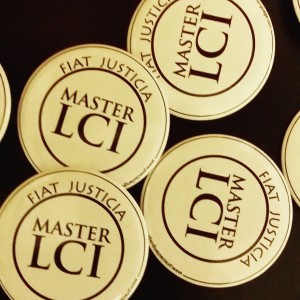Holly Behl has accepted a position teaching in the undergraduate Translation and Interpreting program at the University of Texas at Arlington. She joins the Modern Languages Department with many of the professors whose classes shaped her undergraduate experience, and will have the pleasure of teaching specialized interpreting topics such as interpreting in legal settings.
She will continue to accept projects involving Spanish to English translations of legal documents and serving as an expert witness on translation issues.

